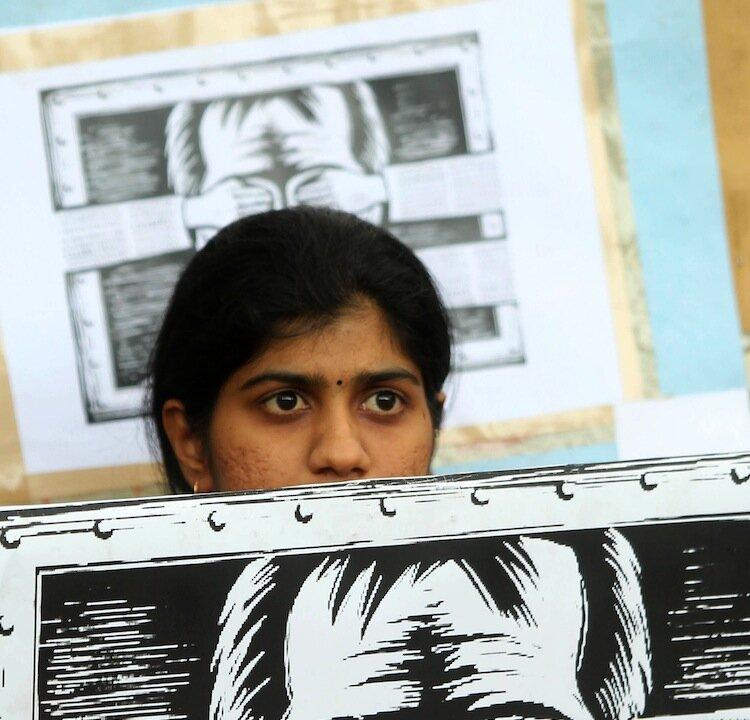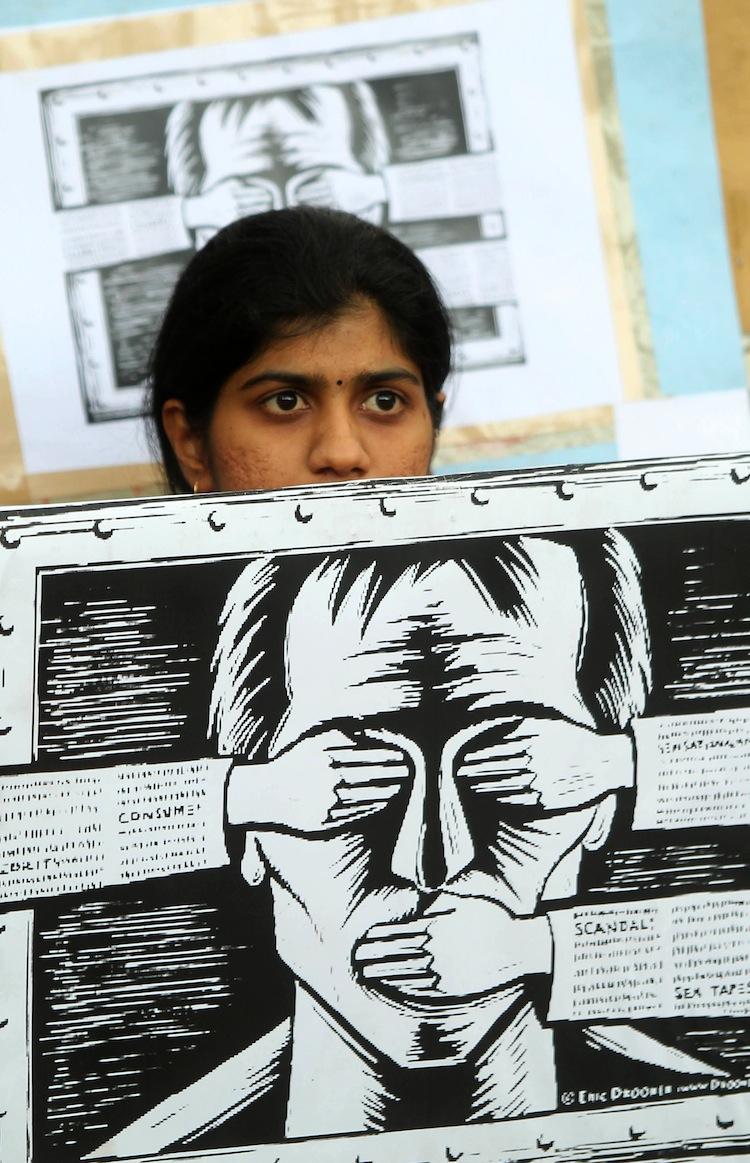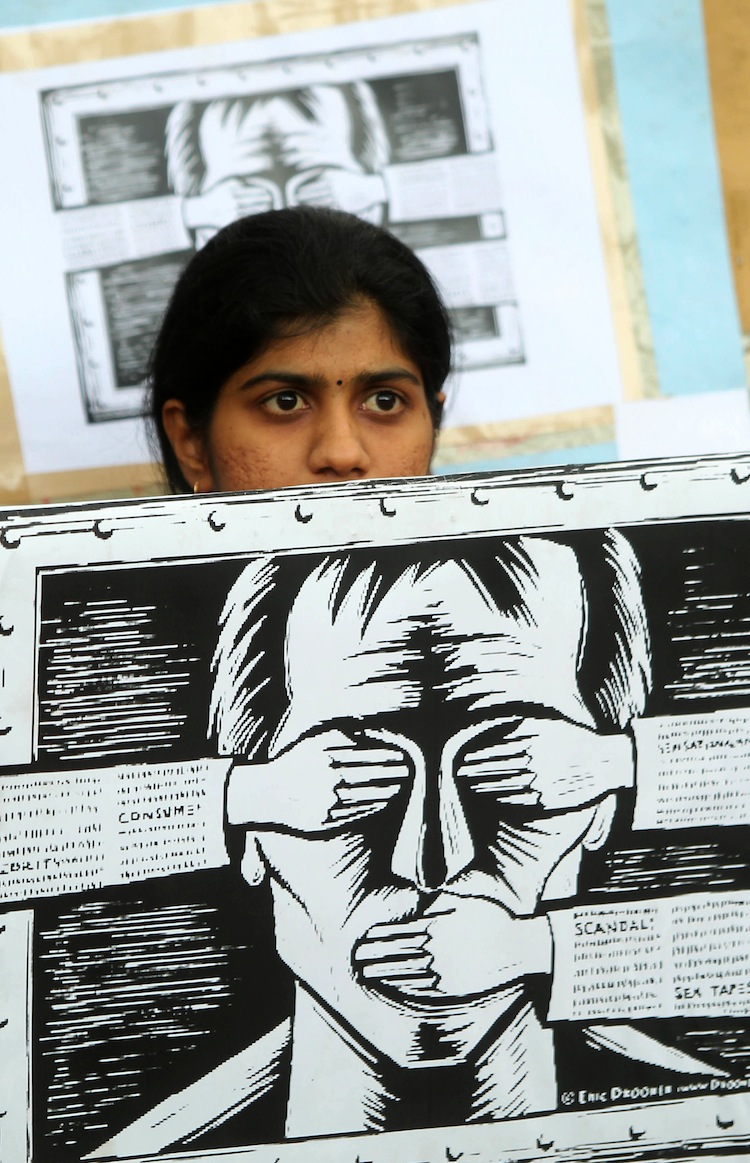Across the world and in the United States, governments struck down anti-piracy measures ACTA, SOPA, and PIPA after facing a chorus of public scorn. The Japanese government, however, toughened its stance on copyright protection.
In China, more people started using Weibo microblogging sites to skirt censorship. Censors scrambled to stamp out new words or phrases, such as “Xi Jinping” (the name of China’s new leader). During the 18th National Party Congress in November, Chinese netizens could not talk about much due to heightened security.
Iran took steps toward cutting off its government and business sites from the rest of the Internet—a move decried by the United States as a way to increase censorship—and is slated to use its own national Internet by 2013. Tehran said the move will prevent cyber-attacks on its systems.
Russia began banning sites deemed harmful to children, or deemed extremist. The latter qualification could allow the government to silence opposition sites, say freedom of speech advocates.
In December, 193 nations met in Dubai and discussed updating the worldwide Internet treaty. The United States and 20 other countries refused the update, saying it would harm Internet freedom.
Over 2013 and 2014, more talks are expected to take place concerning the Internet treaty, which is scheduled to go into effect by January 2015.
The Epoch Times publishes in 35 countries and in 20 languages. Subscribe to our e-newsletter.







